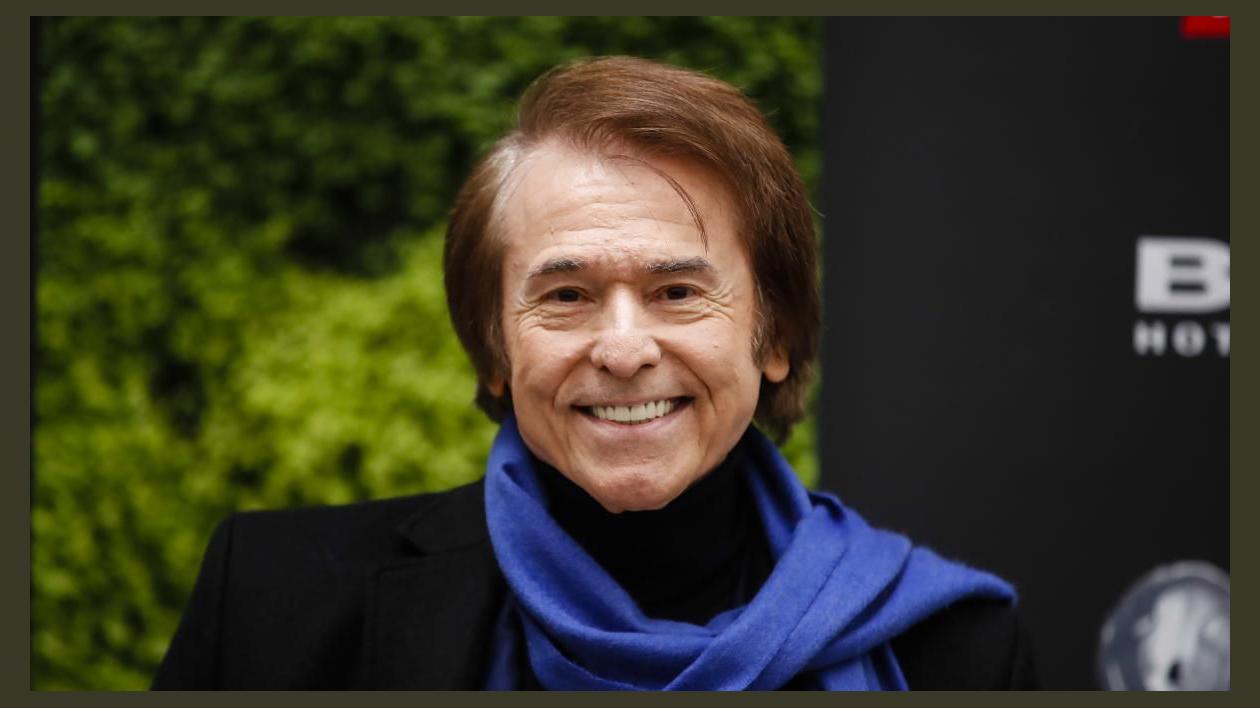 Raphael
Raphael
A Symphony of Rhythm and Controversy: The Enchanting Journey of Raphael
In the tapestry of Spanish music, Raphael stands as an enigmatic figure, his songs echoing through generations like the haunting beat of a distant drum. His rise to fame was a whirlwind of challenges and triumphs, a story interwoven with both adoration and controversy.
Early Life and Musical Roots:
Raphael Martos Sánchez was born on May 5, 1943, in Linares, Spain. From an early age, he displayed an unyielding passion for music, captivating audiences with his soulful renditions of traditional Spanish folk songs. In 1962, at the tender age of 19, he burst onto the international stage, winning the prestigious Eurovision Song Contest with his mesmerizing ballad "Yo Soy Aquel."
A Voice of Social Justice:
Raphael's music transcended mere entertainment. His songs often carried messages of social justice, challenging societal norms and advocating for the marginalized. His poignant lyrics resonated with the hearts of ordinary Spaniards, earning him both admiration and the ire of censors during the oppressive Francoist regime.
Challenges and Controversies:
Raphael's outspoken nature and refusal to conform led to several controversies throughout his career. His support for Basque independence and his vocal opposition to censorship drew the wrath of the authorities. In 1967, he was banned from performing in Spain for a period of five years, a punishment that nearly shattered his musical aspirations.
Artistic Evolution and Global Recognition:
Despite the setbacks, Raphael's determination remained unyielding. He continued to create music, evolving his sound to incorporate elements of pop, rock, and Latin rhythms. His album "Alborada" (1982) became a commercial success, solidifying his status as a global icon.
Legacy and Impact:
Raphael's influence on Spanish and international music cannot be overstated. His songs, such as the timeless "El Tamborilero," have become anthems of joy, hope, and resilience. His voice has graced the stages of countless concert halls worldwide, leaving an unforgettable mark on the hearts of music lovers.
Membership and Discography:
Raphael's band members have varied over the years, but the core lineup has remained relatively consistent. Some notable members include:
- Manuel Alejandro (composer and producer)
- Juan Carlos Calderón (composer and producer)
- Paco Cepero (guitarist)
- Francis Perucho (drummer)
- Rafael Basurto (pianist)
Raphael's extensive discography spans over five decades, with more than 50 studio albums to his credit. Some of his most iconic albums include:
- "Raphael" (1967)
- "Alborada" (1982)
- "Mi Gran Noche" (1984)
- "Raphael 50 Años" (2013)
- "6.0" (2020)
Raphael's music continues to inspire and entertain audiences worldwide. His legacy as a musical icon and a voice for the voiceless ensures that his songs will endure for generations to come.
In the tapestry of Spanish music, Raphael stands as an enigmatic figure, his songs echoing through generations like the haunting beat of a distant drum. His rise to fame was a whirlwind of challenges and triumphs, a story interwoven with both adoration and controversy.
Early Life and Musical Roots:
Raphael Martos Sánchez was born on May 5, 1943, in Linares, Spain. From an early age, he displayed an unyielding passion for music, captivating audiences with his soulful renditions of traditional Spanish folk songs. In 1962, at the tender age of 19, he burst onto the international stage, winning the prestigious Eurovision Song Contest with his mesmerizing ballad "Yo Soy Aquel."
A Voice of Social Justice:
Raphael's music transcended mere entertainment. His songs often carried messages of social justice, challenging societal norms and advocating for the marginalized. His poignant lyrics resonated with the hearts of ordinary Spaniards, earning him both admiration and the ire of censors during the oppressive Francoist regime.
Challenges and Controversies:
Raphael's outspoken nature and refusal to conform led to several controversies throughout his career. His support for Basque independence and his vocal opposition to censorship drew the wrath of the authorities. In 1967, he was banned from performing in Spain for a period of five years, a punishment that nearly shattered his musical aspirations.
Artistic Evolution and Global Recognition:
Despite the setbacks, Raphael's determination remained unyielding. He continued to create music, evolving his sound to incorporate elements of pop, rock, and Latin rhythms. His album "Alborada" (1982) became a commercial success, solidifying his status as a global icon.
Legacy and Impact:
Raphael's influence on Spanish and international music cannot be overstated. His songs, such as the timeless "El Tamborilero," have become anthems of joy, hope, and resilience. His voice has graced the stages of countless concert halls worldwide, leaving an unforgettable mark on the hearts of music lovers.
Membership and Discography:
Raphael's band members have varied over the years, but the core lineup has remained relatively consistent. Some notable members include:
- Manuel Alejandro (composer and producer)
- Juan Carlos Calderón (composer and producer)
- Paco Cepero (guitarist)
- Francis Perucho (drummer)
- Rafael Basurto (pianist)
Raphael's extensive discography spans over five decades, with more than 50 studio albums to his credit. Some of his most iconic albums include:
- "Raphael" (1967)
- "Alborada" (1982)
- "Mi Gran Noche" (1984)
- "Raphael 50 Años" (2013)
- "6.0" (2020)
Raphael's music continues to inspire and entertain audiences worldwide. His legacy as a musical icon and a voice for the voiceless ensures that his songs will endure for generations to come.